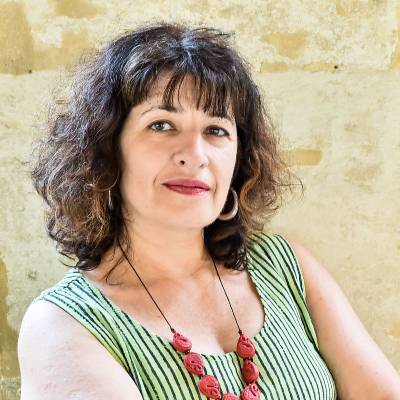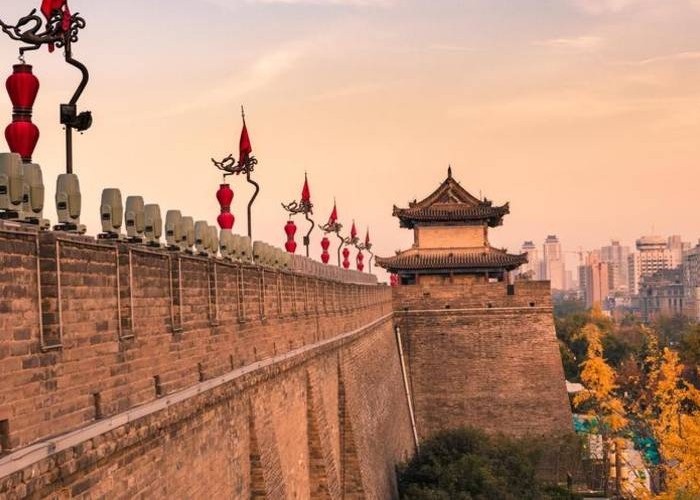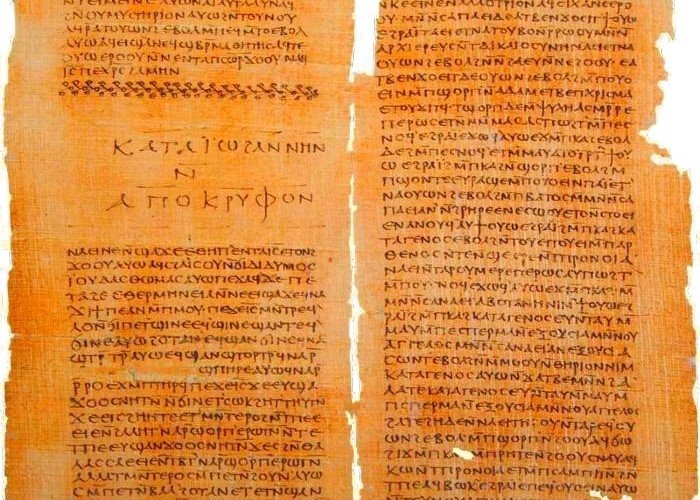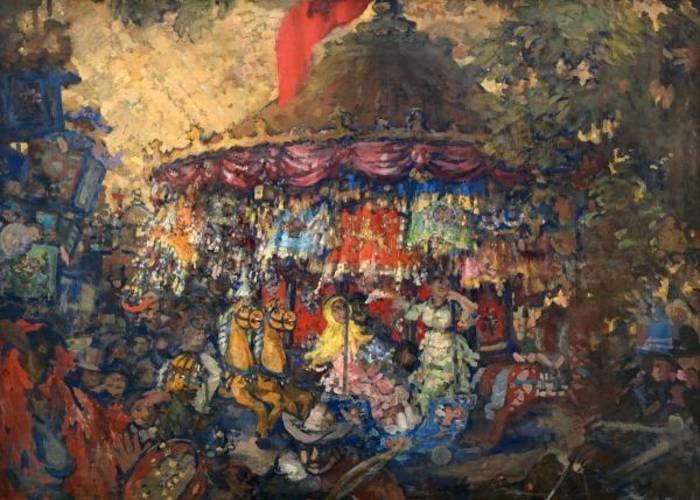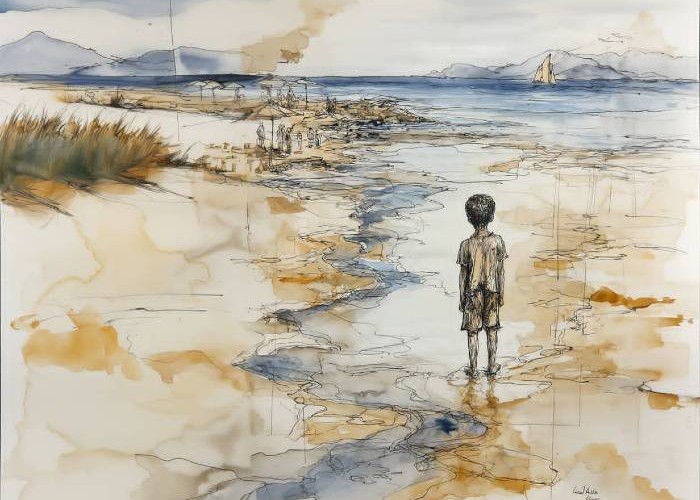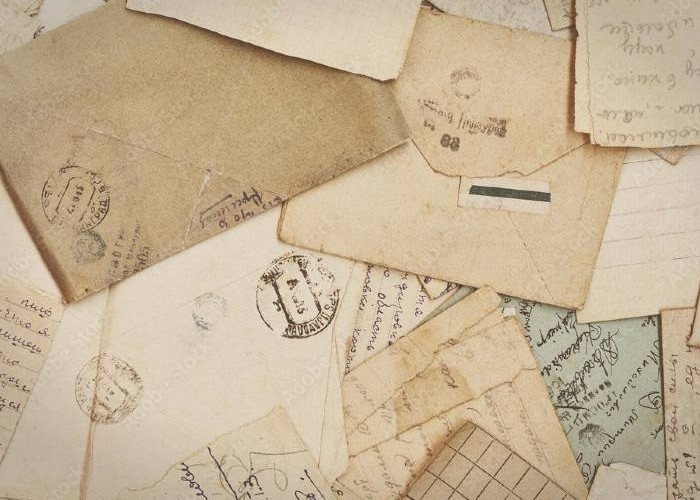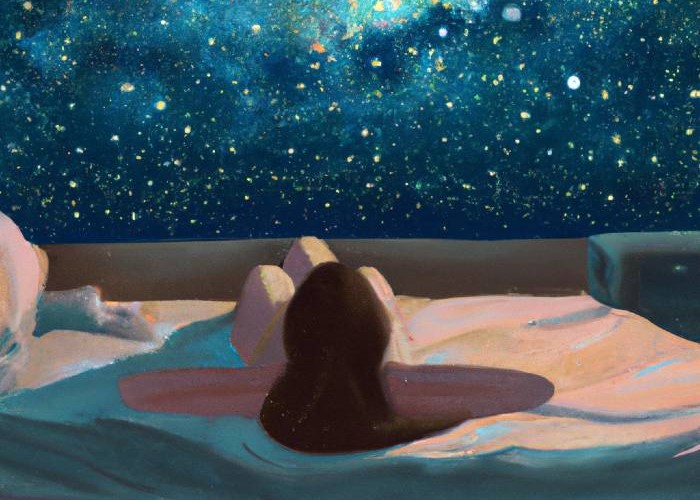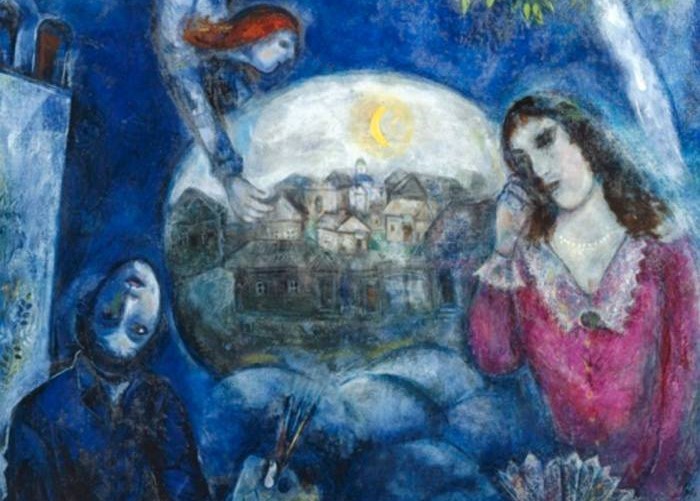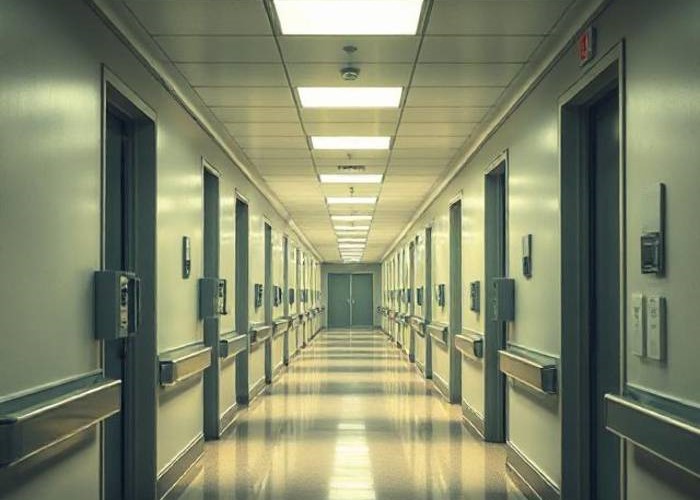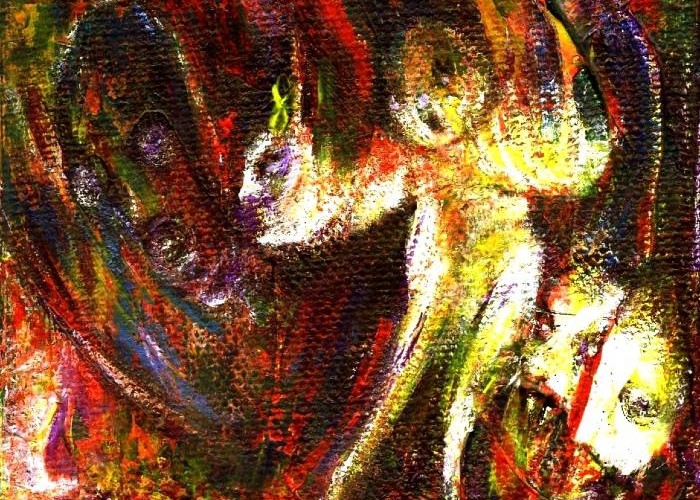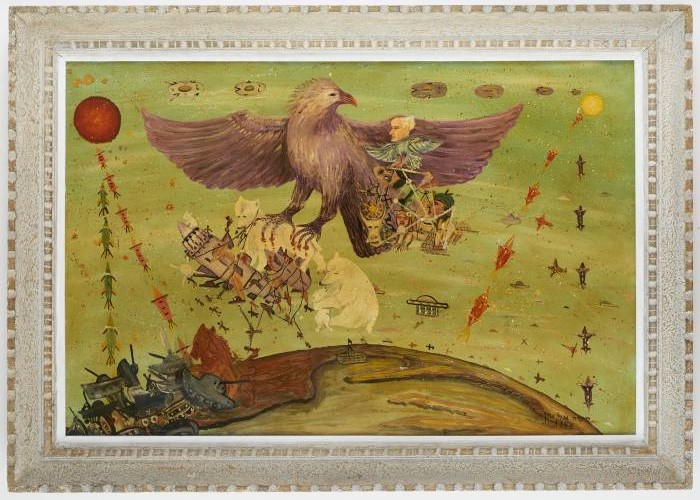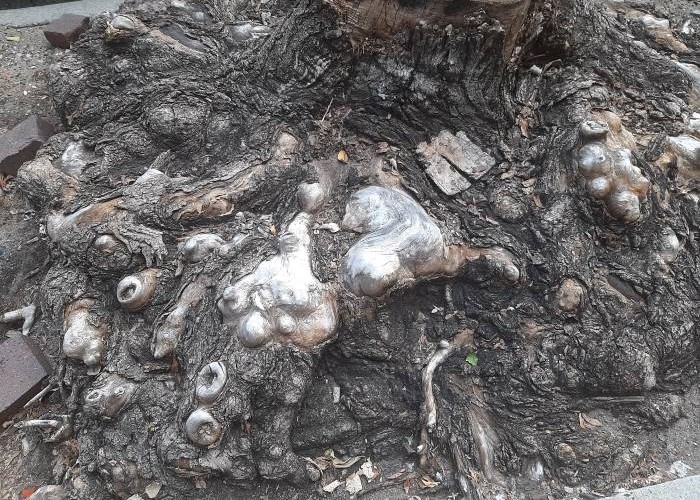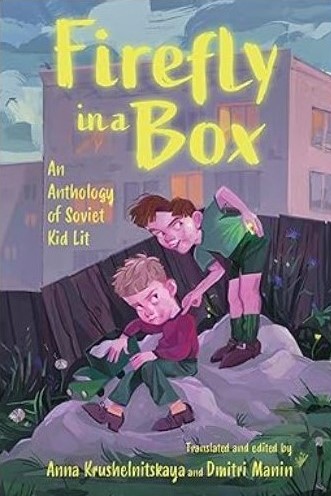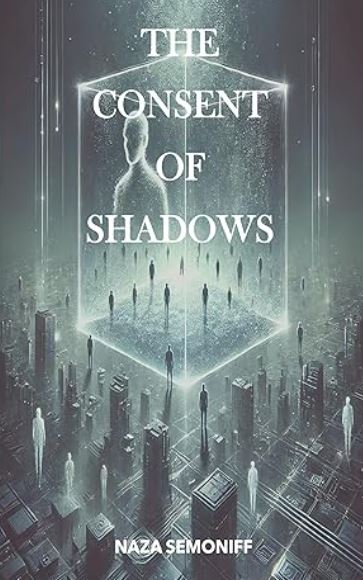GRANDPA
A jolly, elegant, blue-eyed, Yiddish-speaking, thirty-year-old grandpa. A ghetto outlaw. A virtual photographic grandpa, who had just become a father. Enlisted as a volunteer, killed in eastern Ukraine, along with all the other young grandpas who didn’t happen. Hero, lieutenant, war medals, notice of an honorary death, an enlarged photo on a wall. The medals lie in a drawer, the drawer is in a closet, the closet is in a distant apartment, in a building erected by German prisoners of war, in a country which his only granddaughter left a long time ago, forever. And Grandpa lies in the ground, on which the descendants of his fellow soldiers are fighting each other, while we, his grandchildren and great-grandchildren, live among those whose ancestors were responsible for his young death.
CHARLIE
Charlie was an Indian, from the reservation. He even had an Indian name as a child, and his grandmother used to hang herb amulets around his neck. When Charlie was 16, he decided to go to war. He had already dropped out of school and had nothing to do. They didn’t want him. So he changed his name, lied about being 18, and they took him in. He got into Pearl Harbor. On his first night at the front, Charlie fell fast asleep and woke up in hell, with everything and everyone burning around him. But Charlie survived, the only one who arrived with him that night. He climbed somewhere, and he survived. And in the place where he climbed, he saw the Virgin Mary, and he’s pretty sure of it. He could be trusted, as he had been raised by the Baptists who don’t care for Virgin Mary and never mention her. Charlie promised to serve the Virgin Mary if he survived. He survived that war and all the wars that followed: The Korean War and the Vietnam War. Charlie had faded blue eyes, and he said they became that way the morning after Pearl Harbor and the vision of Our Lady. After his encounter with Our Lady, Charlie covered his entire body with tattoos in her honor. When he returned home, he was forbidden to show up at his hometown Baptist church wearing a short-sleeved shirt. He tried to get the tattoos removed, but it proved impossible.
When Charlie wasn’t fighting, he worked as a carpenter and drew birds. He had 10 children and all but one were successful. The unsuccessful one was in prison. At 60, Charlie divorced his wife, and got married again, to a lady who had 8 other children. Charlie adopted those children who had not yet grown up and began to learn Russian with me. He decided to become a missionary and was building a church somewhere on the Volga. He had a red-brown face the color of Oklahoma soil. His hands were big and quite brown. He was very stout and stocky, and his colorless eyes shone with a lively faith and cheerful slyness. He may be dead by now. He did a lot for me. He gave me his paints and brushes, his solvent and varnish. He also made wooden clocks for me. I painted them, and he sold them for me somewhere. He lived his whole life with a fake name and fake passport information.
